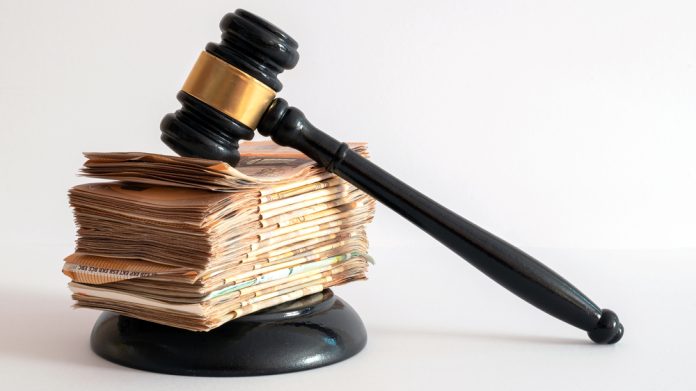The Dutch gambling regulator, Kansspelautoriteit, has confirmed that it has imposed five penalties totalling €26m, with each said to have “offered online games of chance without a licence”.
In determining the amounts of each, the Ksa said that it had “based itself on its newly adopted fines policy in September 2021, which takes into account the turnover achieved in the Netherlands”.
It was also noted that “after the fines were announced to the providers at the end of December, they asked the court to stop the publication of the decisions. The judge rejected the requests this week”.
The first of what was described by the Ksa as “two eye-catching large amounts” was of €12.64m to N1 Interactive, for a repeat violation. In July 2021 a fine was issued to the Malta-based group for offering games of chance to Dutch players via the betchan.com website.
Videoslots, which itself detailed this impending decision earlier in the week, was penalised €9.87m. The Ksa said that this was because “the word mark of the Gaming Authority was incorrectly displayed on the website, while this may only be used by licensed providers”.
Yesterday, the online operator accused the Ksa of “abusing the mystery shopping regime” in applying the sanction, suggesting that the regulator “calculated the fine based on several guesstimates”.
In declaring an intention to challenge the decision, Videoslots labelled the sanction absurd and accused the Dutch regulator of “acting unlawfully”.
Other fines were imposed on Betpoint Group (€1.78m), Probe Investments (€1.12m) and Fairload (€900,000).
The Authority said that “other fine-increasing matters include, for example, the lack of visible and adequate age verification, wrongly suggesting that products are offered with a European licence and allowing the use of anonymous payment methods”.
René Jansen, Chair of the Ksa, noted: “We mean business. Player safety is paramount. A fine is to hit where it hurts, so in the wallet. With such amounts we think we can impose an appropriate sanction, given the illegal earnings.”













